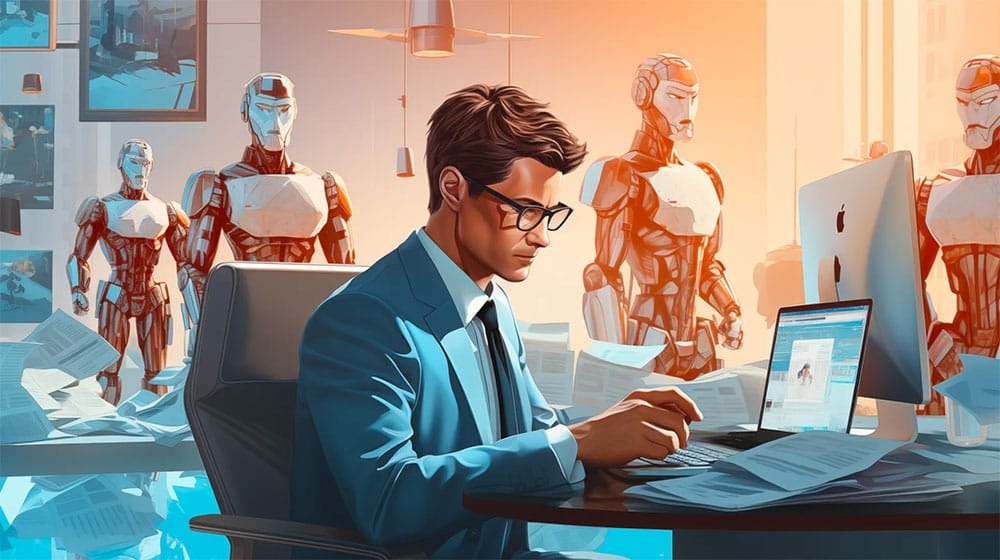The rapid advancement of artificial intelligence (AI) and automation technologies is transforming the job market at an unprecedented rate. These changes bring both opportunities, reshaping the nature of work and the skills required to thrive in future economies.
Future of work
AI and automation are expected to replace certain jobs, particularly those involving repetitive and routine tasks. According to the World Economic Forum, by 2025, 85 million jobs could be displaced by automation. But 97 million new roles are anticipated to emerge, reflecting a shift in the division of labor between humans-machines, and algorithms. This shift will require a reevaluation of skills and job functions in many sectors.
Different industries will be affected by AI and automation to varying degrees. For example, the automotive and aerospace sectors are projected to see significant job gains, with 73% of companies in these industries expecting to create new positions. On the other hand, industries such as oil and gas may face job losses, with 45% of companies predicting negative impacts. The rise of AI and automation will also lead to the creation of new roles that require advanced technical skills. Positions like data scientists, big data specialists, and business intelligence analysts are expected to grow by 30-35%, with some regions experiencing even higher growth rates.
AI can be used in two primary ways: automation and augmentation. Automation involves replacing human workers for specific tasks. While augmentation enhances human capabilities, enabling more effective collaboration between humans and AI. This dual approach is likely to lead to a more productive workforce where humans and machines complement each other’s strengths.













